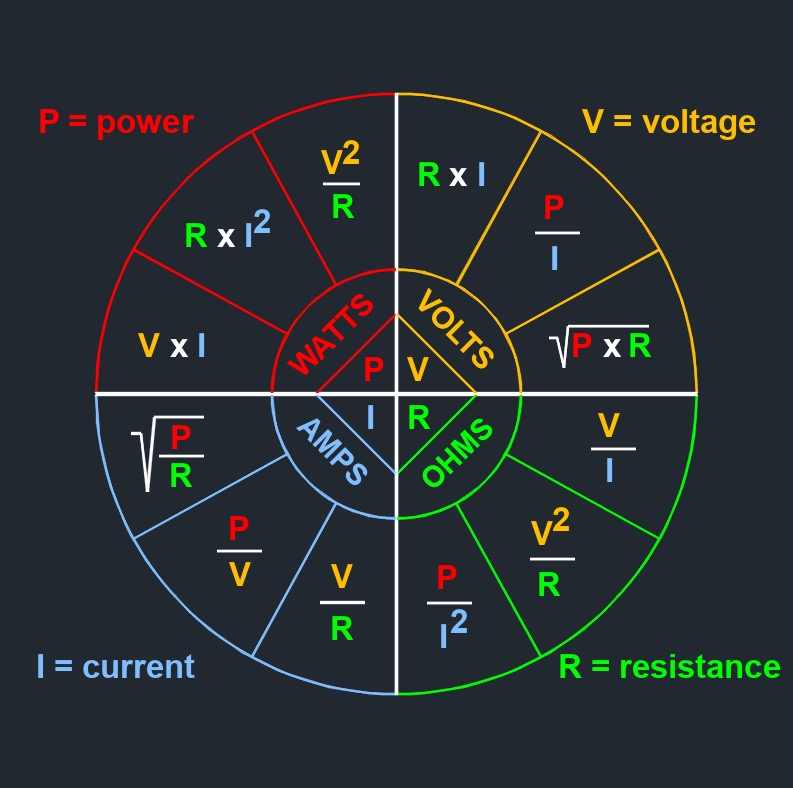Coulomb's Constant
Coulomb's Constant Formula |
||
| \( k_e\;= \; \dfrac{ 1 }{ 4 \cdot \pi \cdot \varepsilon_0 }\) | ||
| Symbol | English | Metric |
| \( k_e \) = Coulmbo's constant (See Physics Constant) | \(lbf-ft^2 \;/\; F^2\) | \(N-m^2 \;/\; C^2\) |
| \( \pi \) = Pi | \(3.141 592 653 ...\) | \(3.141 592 653 ...\) |
| \(\epsilon_0\) (Greek symbol epsilon) = Permittivity of Free Space | \(F\;/\;ft\) | \(F\;/\;m\) |
 Coulomb constant, abbreviated as \(k_e\), \(k\), or \(K\), is the electric force constant, or the electrostatic constant, it is a proportionality constant in electrostatics equations. When charged particles interact, a force repels or attracts the particles. In vacuum, Coulomb's constant determines the strength of the electrostatic force between two stationary charged particles. It is analogous to the gravitational constant in Newton's law of universal gravitation, which determines the strength of the gravitational force between two masses.
Coulomb constant, abbreviated as \(k_e\), \(k\), or \(K\), is the electric force constant, or the electrostatic constant, it is a proportionality constant in electrostatics equations. When charged particles interact, a force repels or attracts the particles. In vacuum, Coulomb's constant determines the strength of the electrostatic force between two stationary charged particles. It is analogous to the gravitational constant in Newton's law of universal gravitation, which determines the strength of the gravitational force between two masses.
Coulomb Constant \(\;\approx \; 8.99 \;x\; 10^9 \; N\cdot m^2/C^2\)

